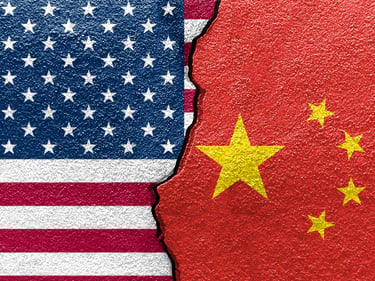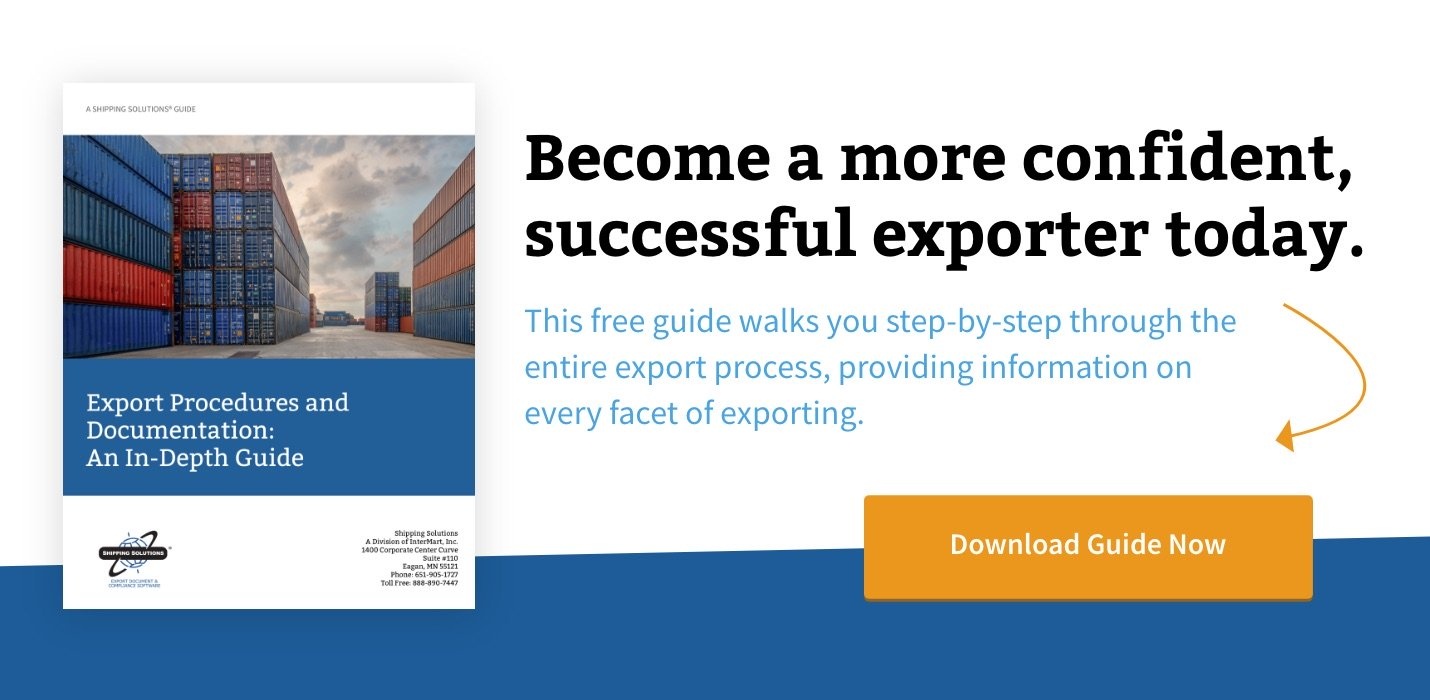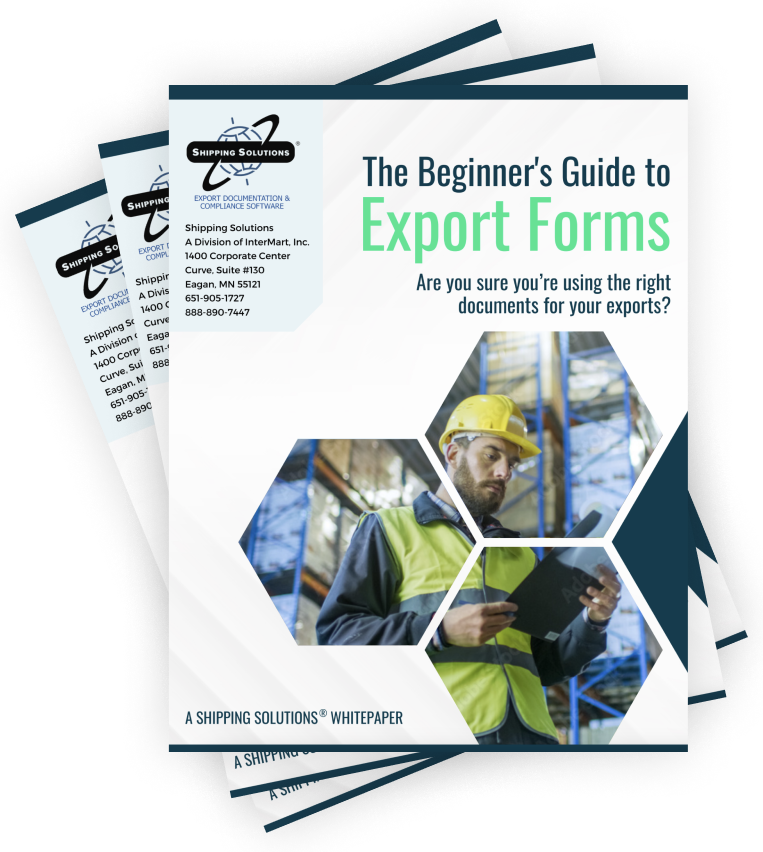The International Trade Blog Import Procedures
U.S.-China Trade: USTR Will Restart Section 301 Tariff Exclusion Process
On: November 8, 2021 | By:  Leslie Glick |
3 min. read
Leslie Glick |
3 min. read
 Hopefully many of you have read our previous articles on Section 301 of the Trade Act of 1974 (start here if you missed them), tracing the history of this important trade law from its inception to the famous (or perhaps infamous) use of it to impose billions of dollars of tariffs, ranging from 7.5% to 25%, on imports from China.
Hopefully many of you have read our previous articles on Section 301 of the Trade Act of 1974 (start here if you missed them), tracing the history of this important trade law from its inception to the famous (or perhaps infamous) use of it to impose billions of dollars of tariffs, ranging from 7.5% to 25%, on imports from China.
Some had hoped these tariffs would end with the transition from the Trump administration to the Biden administration, but until a few weeks ago, nothing concrete had occurred.
With the support of his labor union constituency, Biden had kept intact all Section 301 tariffs on China imports. At the end of 2020, some Section 301 exclusions that were available to American importers who could demonstrate that they could not source their materials in the U.S. expired (except for some related to COVID-19). This meant that thousand of U.S. importers were now feeling the full brunt of these tariffs. In June, legislation passed the Senate as part of the United States Innovation and Competition Act that would restore some of the expired exclusions and reopen the targeted tariff exclusion process, but no House version has been introduced.
Katherine Tai, who spent several years at the Office of the U.S. Trade Representative (USTR) directing the enforcement of trade deals with China and who speaks fluent Mandarin, is Biden's appointed U.S. trade representative. This month in an unexpected announcement during a speech at the Center for Strategic and International Studies (CSIS), Tai said that the Biden administration would restart "a targeted tariff exclusion process." U.S. companies can request exemption from tariffs on certain Chinese products, and it may mean that some previous exclusions that expired may be reinstated.
The USTR is inviting public comments on whether to reinstate exclusions. The comment period will be open until Dec. 1, and a list of potentially eligible products was announced. This could be the first step in restoring the entire Section 301 exclusion process. Feel free to contact me if you need help determining if a product is on the list of potentially eligible products.
Read the Trade Act of 1974 Series
- Part 1: How Section 301 investigations and tariffs impacted trade in its early years.
- Part 2: Special 301 addresses trade barriers due to ineffective protection of intellectual property rights.
- Part 3: Many companies weren't familiar with Section 301 until the Trump administration used it to impose tariffs on China beginning in 2018. A look at how companies were affected and the outlook under a new administration.
Like what you read? Subscribe today to the International Trade Blog to get the latest news and tips for exporters and importers delivered to your inbox.

About the Author: Leslie Glick
Leslie Glick is a shareholder and co-chair of the International Trade and Customs Specialty Team in the Washington, D.C. office of the Michigan-based law firm of Butzel Long P.C. He has practiced in the international trade and customs law area for over 40 years and served as counsel to a Congressional subcommittee.
As an adjunct to his work in these areas he has developed subspecialties in various regulatory areas, particularly Food and Drug Administration regulation of imports and exports of foods, drugs, cosmetics, medical devices, and tobacco and cannabis products. He has also handled issues with the National Highway Transportation Safety Administration (NHTSA) of the Department of Transportation dealing with imports of automobiles and auto parts. Mr. Glick has been a frequent speaker at seminars sponsored by the National Association of Customs Brokers and Forwarders Association of America, Practicing Law Institute, and foreign chambers of commerce such as the CONFINDUSTRIA VICENZA in Italy.
He is a graduate of Cornell University and Cornell Law School and is conversant in Spanish.


